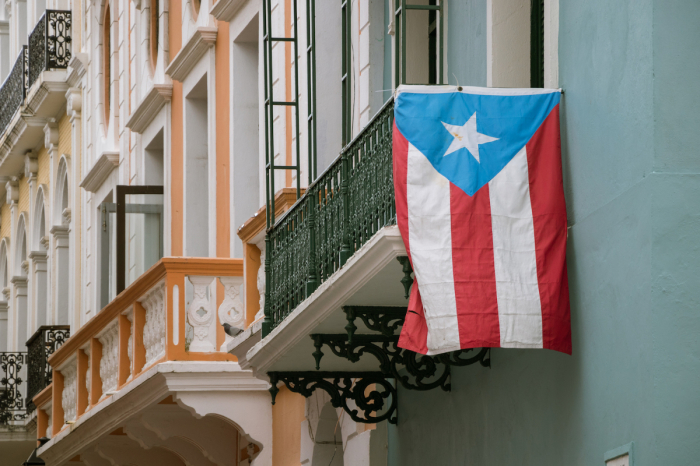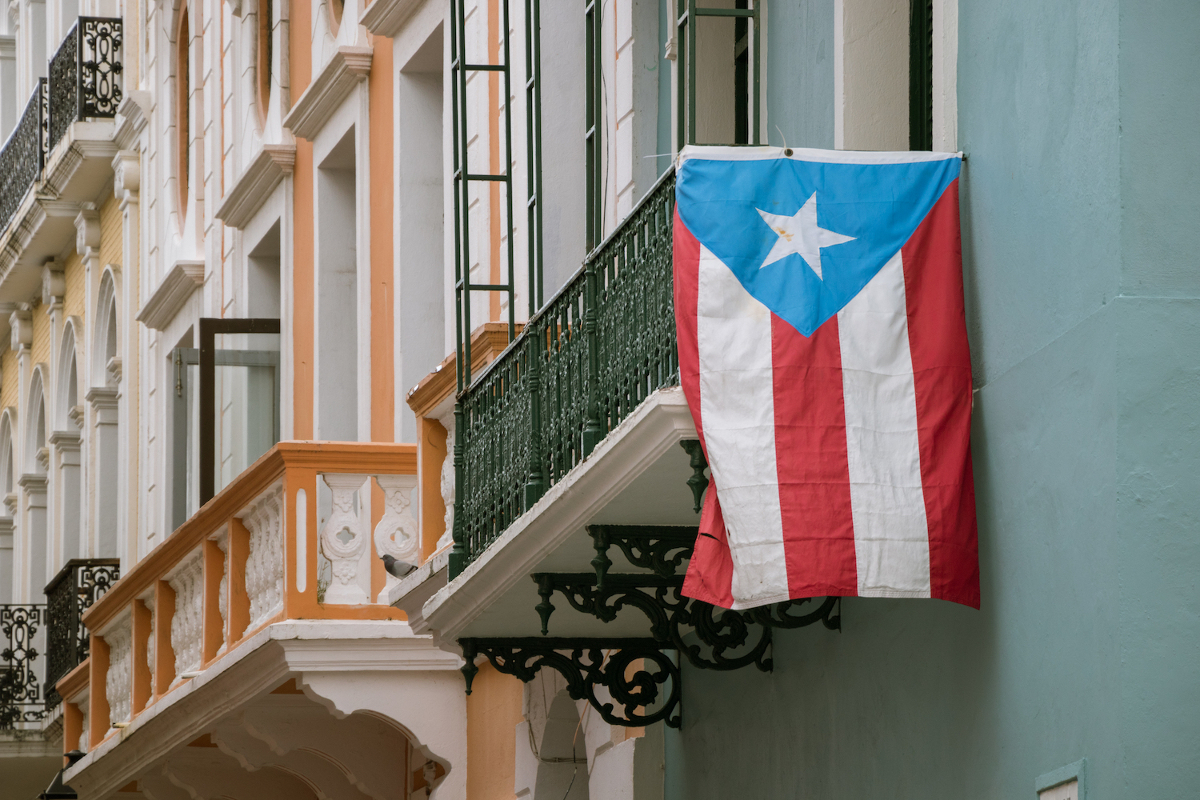
Puerto Rico has banned so-called gender transition procedures for minors, joining more than two dozen states in prohibiting trans-identified youth from obtaining the life-altering surgeries and drugs.
Puerto Rico Gov. Jenniffer Gonzalez Colon, a Republican, signed Senate Bill 350, also known as the Law for the Protection of the Health and Well-being of Minors in Puerto Rico, into law last Wednesday. Her signature follows the approval from the Puerto Rico Senate in a 24-2 vote and the Puerto Rico House of Representatives in a 47-4 vote.
The bill is now in effect as Public Law 63-2025.
The measure “prohibits medical or surgical procedures that alter the sexual biology of minors under the pretext of gender transition, including irreversible hormone interventions” and “establishes a penalty of fifteen years in prison for violators and a $50,000 fine for legal entities.”
“Minors, having not yet reached the necessary emotional, cognitive, and physical maturity, are particularly vulnerable to making decisions that could have irreversible consequences. Therefore, it is the State’s duty to ensure their comprehensive well-being, protecting them from decisions that could affect their long-term health, especially when these decisions involve irreversible changes in their anatomy and biology,” the law states.
The law bans puberty-blocking drugs, androgen blockers, estrogen, progesterone and testosterone “for the purpose of treating gender dysphoria or altering the biological sex of a minor under the pretext of gender transition.”
The law also restricts all persons under 21 from receiving “surgical procedures that modify or remove sexual organs with the goal of altering their natural biological function, as well as interventions intended to align a minor’s physical appearance with an identity other than their biological sex.”
Any healthcare professional who performs the procedures is subject to license revocation. The bill clarifies that those with documented intersex traits may obtain the procedures prohibited by the bill.
President Donald Trump signed an executive order shortly after taking office earlier this year stating that “It is the policy of the United States that it will not fund, sponsor, assist, or support the so-called ‘transition’ of a child from one sex to another, and it will rigorously enforce all laws that prohibit these destructive and life-altering procedures.”
More than two dozen states have already passed laws banning gender transition procedures for minors in some or all cases: Alabama, Arizona, Arkansas, Florida, Georgia, Idaho, Indiana, Iowa, Kansas, Kentucky, Louisiana, Mississippi, Missouri, Montana, Nebraska, New Hampshire, North Carolina, North Dakota, Ohio, Oklahoma, South Carolina, South Dakota, Tennessee, Texas, Utah, West Virginia and Wyoming.
The U.S. Supreme Court ruled earlier this year in its United States v. Skrmettidecision that Tennessee’s ban on gender transition procedures for minors did not violate the Equal Protection Clause of the U.S. Constitution. Efforts to ban minors from obtaining the life-altering procedures at both the state and federal levels stem from concerns about their long-term impacts.
The American College of Pediatricians has identified the side effects of puberty blockers as “osteoporosis, mood disorders, seizures, cognitive impairment and, when combined with cross-sex hormones, sterility.” The organization has warned that cross-sex hormones can cause youth to experience “an increased risk of heart attacks, stroke, diabetes, blood clots and cancers across their lifespan.”
So-called gender-reconstruction surgeries involve the removal of healthy body parts that align with an individual’s biological sex or the creation of artificial body parts that correspond to a person’s stated gender identity.
Ryan Foley is a reporter for The Christian Post. He can be reached at: ryan.foley@christianpost.com




